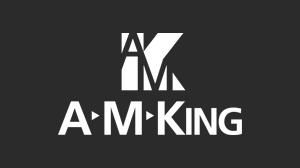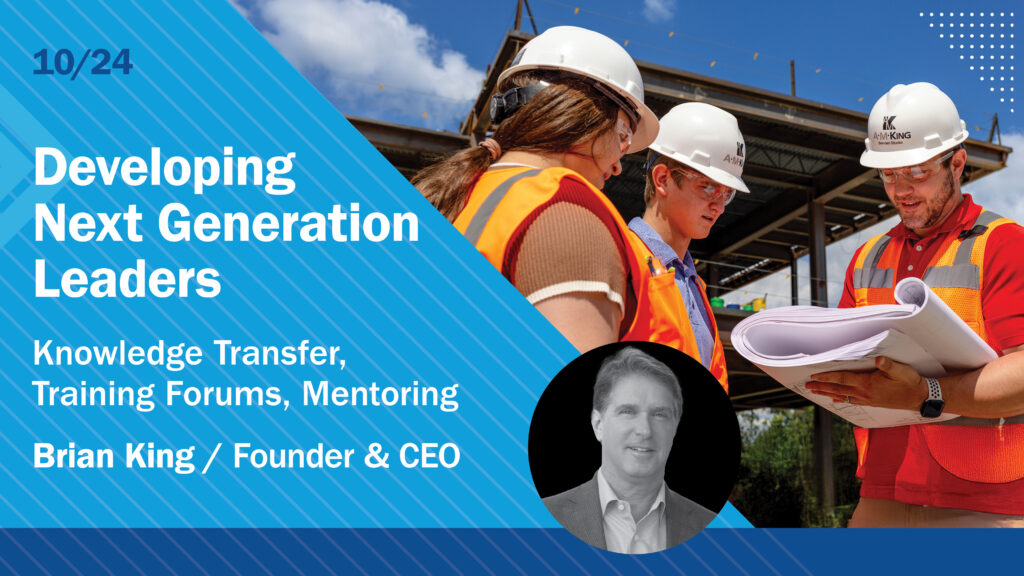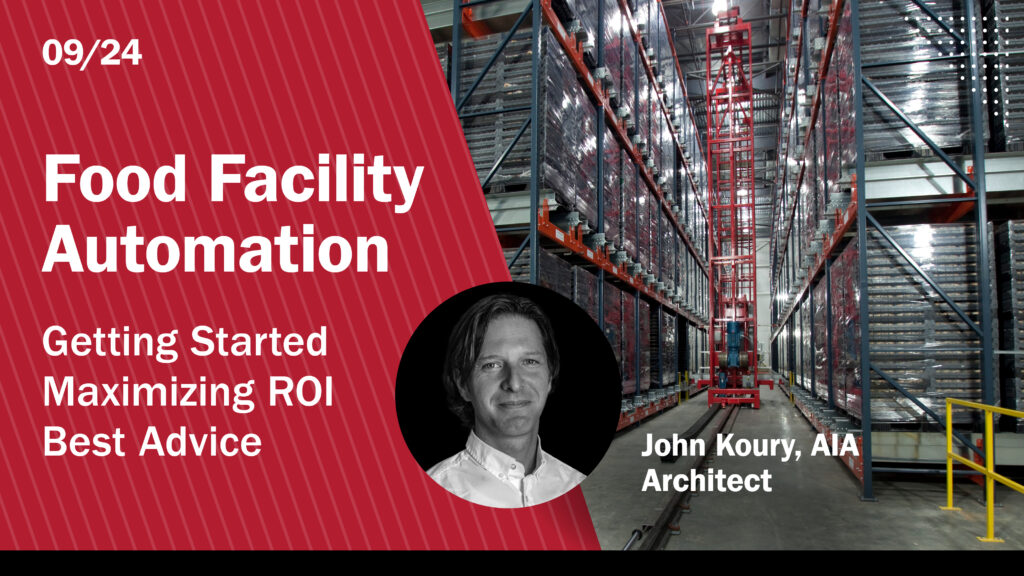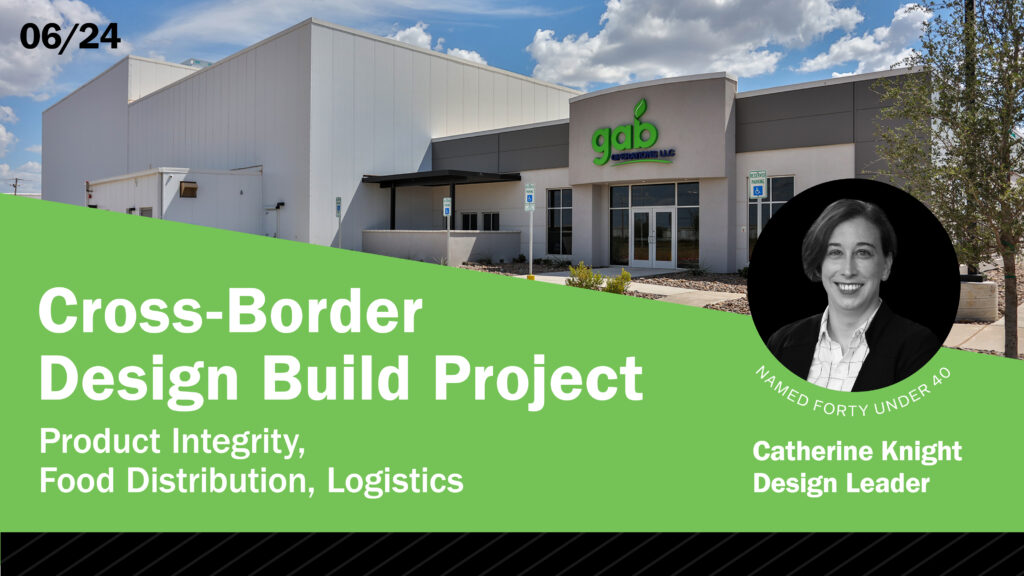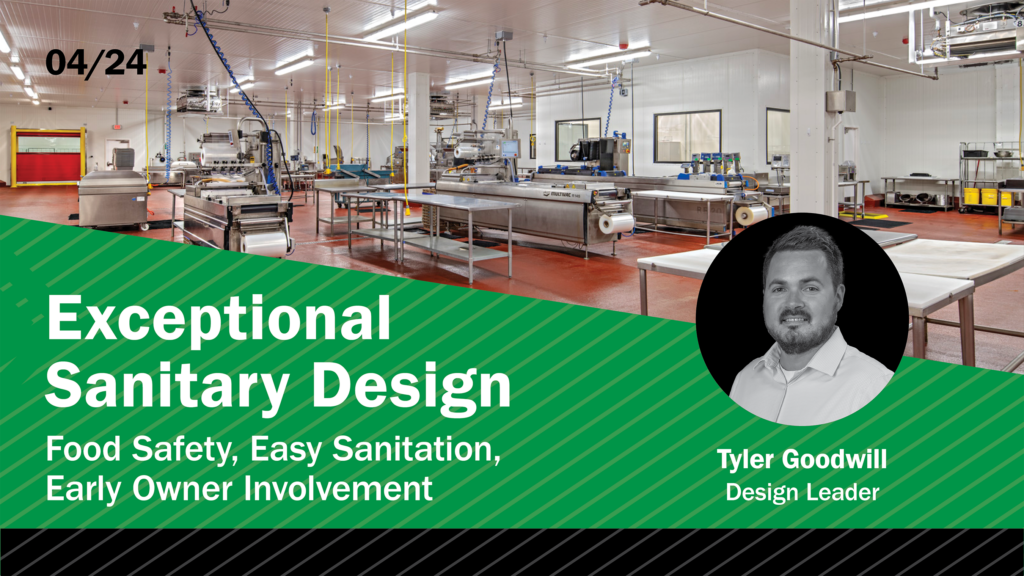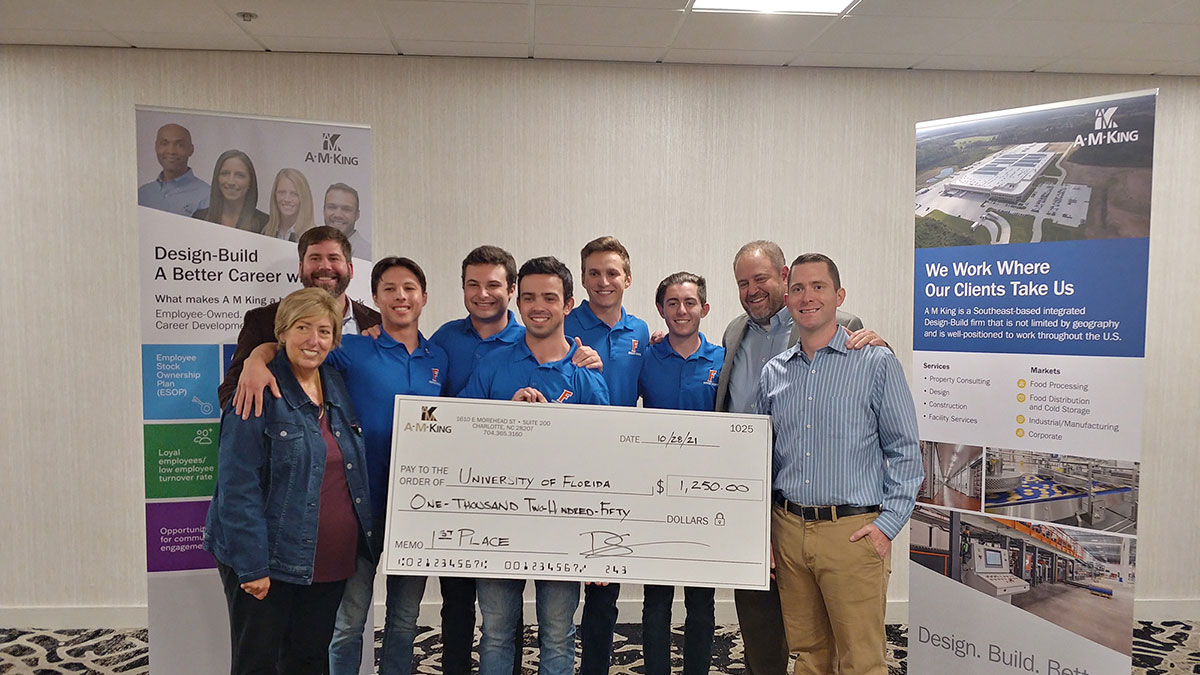
A M King’s ASC Competition Sponsorship Benefits AEC Students
My draw to construction has always been about the tangible results. I like being able to say, “See that, I was part of a team that built that.” For me, recruiting and mentoring is very much the same thing. When we recruit, hire and mentor we are creating careers, livelihoods, and friendships.
At A M King, our single best strategy for achieving these worthy objectives is continuing to build our university partnerships. We participate in career fairs, deliver lectures and serve on advisory boards. Last year, we added sponsorship of the Associated Schools of Construction’s (ASC) Region 2 Design-Build competition, an event that showcases some of the best and brightest construction students in the country.
We work closely with the ASC’s Region 2 Assistant Director, John Hildreth, PhD., who is also Kimmel Distinguished Professor, School of Construction Management at Western Carolina University. I met John several years ago and was impressed with his leadership at ASC, where he has been actively involved for more than 10 years. Now that we have two ASC Design-Build competitions under our belt, it made sense to sit down with Dr. Hildreth and talk about the history of the program, as well as benefits for participating universities, students and sponsor companies. Here’s what he had to say:
ASC History
David: Tell us about the history of the ASC competition.
John: The ASC student competitions have existed for many years to provide students of construction an opportunity to engage in real-world construction problems. Now all construction programs include a capstone course where students apply the skills and knowledge gained from courses throughout their time at university. It wasn’t always that way, and the competitions were (and still are) a means for students to apply those skills and knowledge in a collaborative team environment. The competitions also uniquely allow students to interact with the project teams who originally faced and solved those problems.
Competitions have been held in the areas of commercial, heavy/civil, concrete construction, and preconstruction. But each of the eight ASC regions run their own competitions and some include competitions in mechanical, electrical, VDC/BIM, Design-Build, mixed-use, sustainable building, and others.
Historically, the competitions were a collaboration between ASC and the Associated General Contractors of America (AGC), with regional winners going on to compete in the national competition held in Reno, NV. Over the years, the partnership with AGC has weakened and dissolved in some instances, as has the preliminary/national competition model. Now the organization is primarily managed by ASC and financed by company sponsorships.
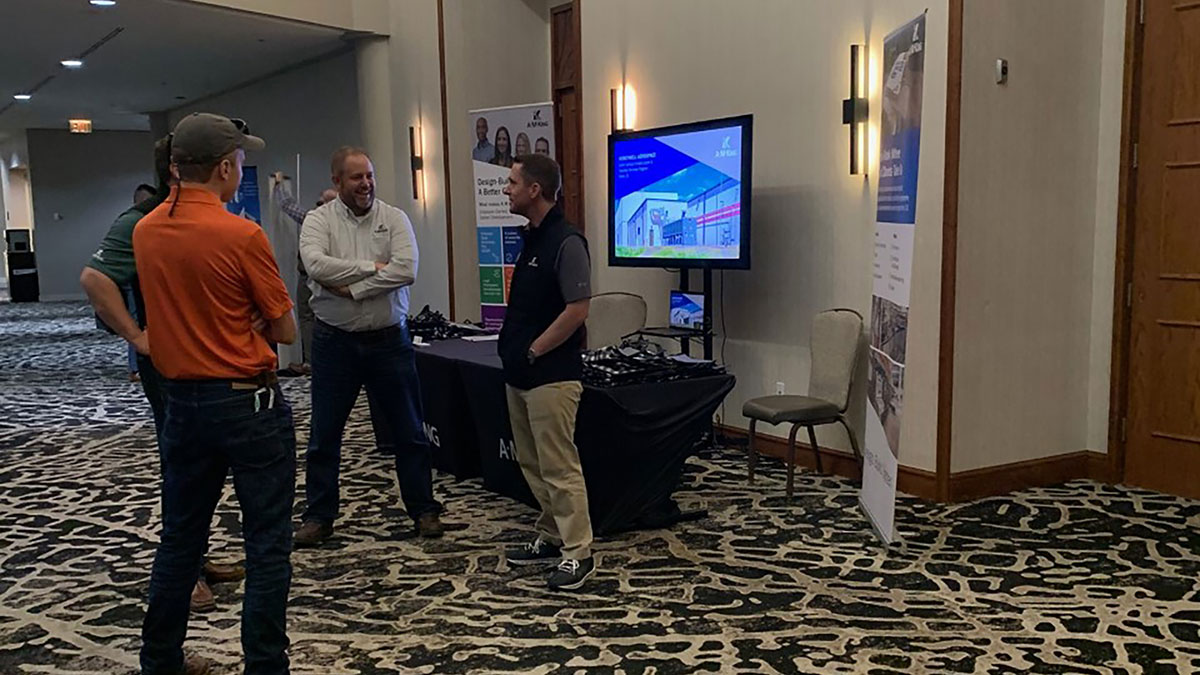
David: Tell me more about the Design-Build component.
John: The Design-Build competition evolved in response to the changing delivery methods in the construction industry. Because of its unique requirements, student teams are made up of both construction and architecture students. This does somewhat limit which universities can participate, but we have nevertheless seen high levels of competition over the years.
Benefits to Universities and Students
David: Why is it important for universities to participate in this competition?
John: The ASC competitions benefit both the students and the faculty of the participating universities by providing an opportunity to engage with industry professionals and the real-world construction challenges they face daily. Much like a capstone course, the competitions give students the opportunity to collaboratively utilize knowledge and skills from courses throughout the curriculum, albeit in a fast-paced and intense format.
David: How do students benefit?
John: Students benefit from the competitions in several ways.
- They develop and hone their collaboration and communication skills through the teamwork that is central to competitions.
- They expand and develop their professional network through interactions with the competition sponsors and the career fair.
- They experience real-world construction challenges that are the basis for the competition problem statements.
- The feedback they receive on their work comes from experienced industry professionals with the intention of encouraging and bettering the students.
What Makes A Competition Successful?
David: What are the most critical components of a successful competition?
John: Like any construction project that goes well, the critical component to success is planning and preparation. For the competitions, both the student teams and the competition sponsors need to plan and prepare. The student teams put in a great deal of effort preparing by establishing roles and responsibilities, anticipating the requirements, and practicing their skills. Similarly, the sponsors carefully plan the objectives and deliverables and prepare the documents, competition schedule, and their team of professionals who will engage with the students.
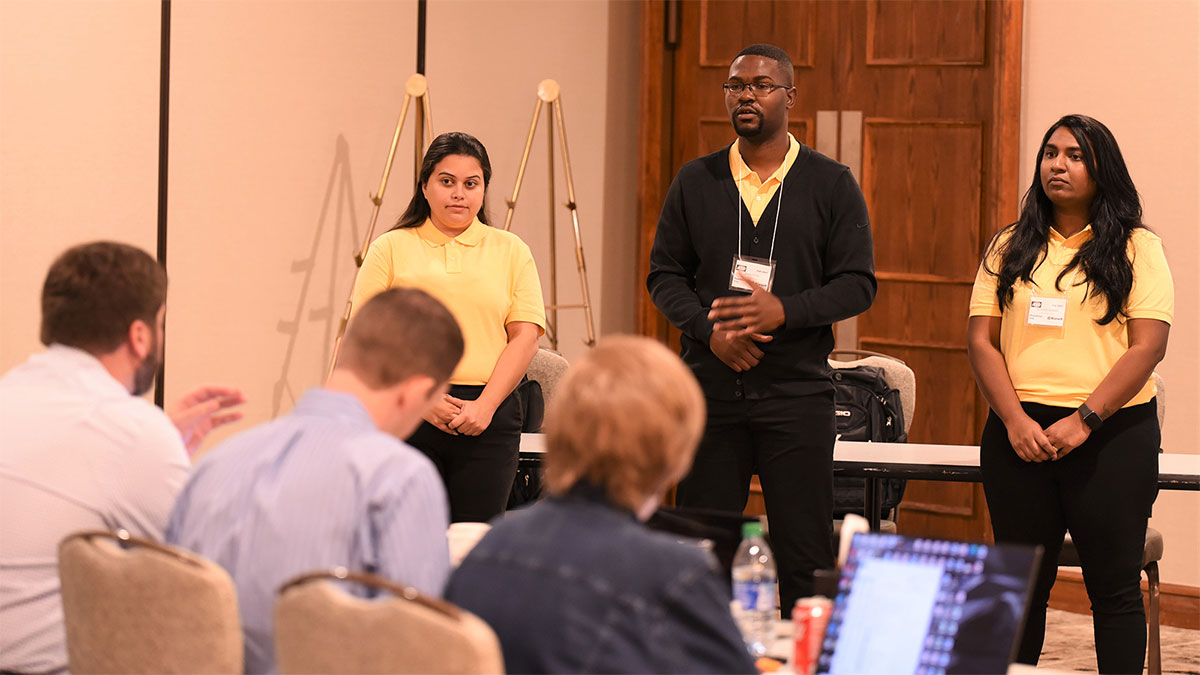
David: Can you give me a specific example about how students effectively navigate real-world projects in the competition?
John: The Design-Build problem statement developed by A M King for the competition last year is a great example of engaging students in a real-world project. The students were effectively given a greenfield site and tasked with developing a proposal for a cold storage distribution facility. Their proposals needed to address programming and design for the building and site, as well as construction management services through commissioning and close-out. Students were only given a few days to develop their proposals, so the depth of details was somewhat limited, but the project and scope are entirely real-world.
David: How can sponsor companies best contribute?
John: Certainly, the planning and preparation described above is a significant contribution to the success of the competitions but also important is carefully planning their interactions with the students at the competition kickoff, at the career fair and networking events, and at the award ceremony. Companies can make a significant positive contribution to the students by providing meaningful, constructive, and encouraging feedback on the work and presentation of the students.
David: Is recruiting a primary objective for participating companies and how do you feel about that?
John: During the competition meeting – while we are all together in the event space – we try to limit recruiting of students by companies to the career fair. When it is time for the competition, I think folks set recruiting aside. While it’s certainly on their minds, the sponsors are professionals and understand the need to focus on the students and their work. We (ASC Region 2) encourage companies – both competition sponsors and career fair attendees – to follow up after the competition with those students they feel fit well with their culture.
During the competitions, it is my experience that the primary objective of the companies is to encourage the students, prepare them for a professional career in construction, and build better the next generation of construction professionals.
Special thanks to Jim Sullivan, ASC Region 2 Director, for his assistance in answering questions for this blog.
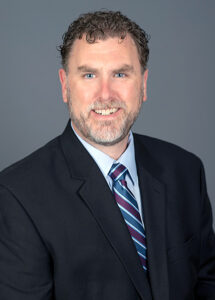 John Hildreth is the Kimmel Distinguished Professor of Construction Management at Western Carolina University. He also currently serves as the interim Director of the Kimmel School of Construction Management. His teaching and research interests focus on construction equipment, asset management, cost estimating, and production planning. He has completed multiple research projects related to the effective and efficient management of mobile equipment and the capital-intensive assets of transportation systems. He has provided consulting services related to equipment and fleet management and been an instructor for the Construction Equipment Management Program (CEMP). He is the educational advisor to the Association of Construction Equipment Managers and chair of the Maintenance Fleet and Equipment committee of the Transportation Research Board (TRB). He holds civil engineering degrees (BS and MS) from West Virginia University and a PhD from Virginia Tech.
John Hildreth is the Kimmel Distinguished Professor of Construction Management at Western Carolina University. He also currently serves as the interim Director of the Kimmel School of Construction Management. His teaching and research interests focus on construction equipment, asset management, cost estimating, and production planning. He has completed multiple research projects related to the effective and efficient management of mobile equipment and the capital-intensive assets of transportation systems. He has provided consulting services related to equipment and fleet management and been an instructor for the Construction Equipment Management Program (CEMP). He is the educational advisor to the Association of Construction Equipment Managers and chair of the Maintenance Fleet and Equipment committee of the Transportation Research Board (TRB). He holds civil engineering degrees (BS and MS) from West Virginia University and a PhD from Virginia Tech.



